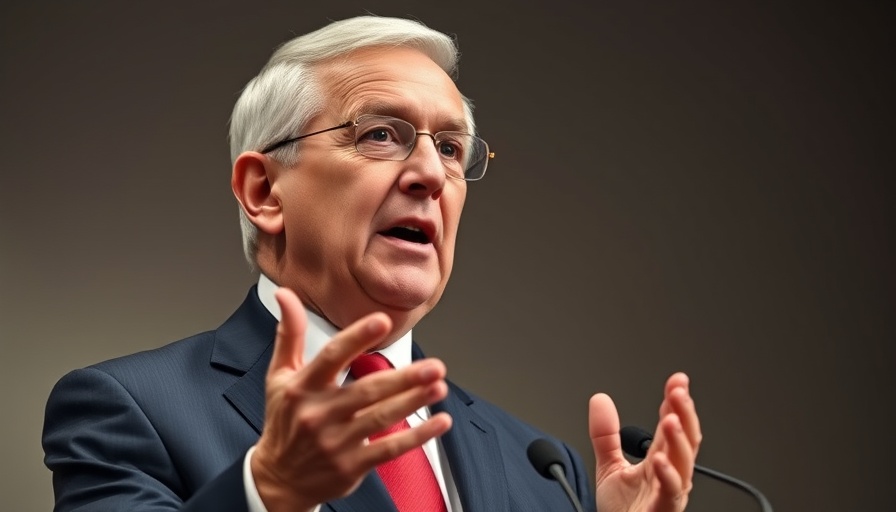
Anticipating Netanyahu's Address: A Global Perspective
As the United Nations General Assembly convenes, many eyes turn to Israeli Prime Minister Benjamin Netanyahu's expected address. With geopolitical tensions at an all-time high, particularly relating to Israeli-Palestinian relations, Netanyahu's speech is anticipated to shed light on Israel's stance on urgent world issues, from security to diplomacy. This year's session is uniquely poised to reflect the international community's complex views on Israel's actions and policies amidst ongoing conflicts.
Historical Context: Understanding the Stakes
To grasp the significance of Netanyahu's address, it's crucial to recognize the historical backdrop against which it unfolds. Over the decades, the Israeli-Palestinian conflict has been a cornerstone issue not just for regional leaders but for global politics as well. The establishment of Israel in 1948, subsequent wars, and the ongoing settlement disputes have created a delicate landscape that requires diplomatic finesse. As Netanyahu speaks, he will likely reference Israel's historical claims and the security measures the country feels compelled to undertake in the face of persistent threats.
The Social Connection: Why This Matters to All
The ramifications of Netanyahu's policies extend beyond Israel and Palestine; they resonate globally, touching on themes of human rights, self-determination, and international law. The world's citizens, especially those invested in peace and social justice, follow Netanyahu's words closely. For many, his speech could act as a mirror reflecting their hopes or fears regarding conflict resolution. As citizens of the world, understanding these ties can cultivate a shared sense of responsibility towards fostering a more peaceful and just global society.
Future Predictions: What Lies Ahead?
Following Netanyahu's address, analysts will be keen to dissect the implications of his proposals and comments. Will he propose new diplomatic avenues, or will he reinforce military actions? The answers could set the stage for either escalating tensions or potential breakthroughs in peace talks. Observers suggest that the Israeli government's response to global input—especially the voices advocating for Palestinian rights—will be pivotal in shaping the future landscape of Middle Eastern peace efforts. Analysts cautiously predict that any semblance of negotiation hinges on Netanyahu's willingness to reconsider some long-standing positions, potentially paving the way for renewed dialogue.
Counterarguments: Diverse Perspectives on Conflict Resolution
While Netanyahu may present a singular narrative on Israel's path forward, it's important to recognize the diverse perspectives that inhabit the international discourse surrounding the Israeli-Palestinian conflict. Critics of Netanyahu's approach argue that without acknowledging Palestinian sovereignty and rights, Israel risks isolating itself from the global community. These counterarguments challenge the narrative of security through militarization alone, advocating for a more nuanced dialogue that promotes mutual respect and understanding.
Conclusion: The Call for Collective Action
As we anticipate Netanyahu's address, it's vital to engage critically with his messages, understanding the broader implications for peace and conflict resolution. The UN General Assembly serves as a platform not just for leaders, but also for us, the global community, to advocate for shared responsibility towards peace. Following the address, consider how you can contribute to dialogue and promote understanding within your community, fostering environments that encourage reconciliation and compassion.
 Add Row
Add Row  Add
Add 


Write A Comment